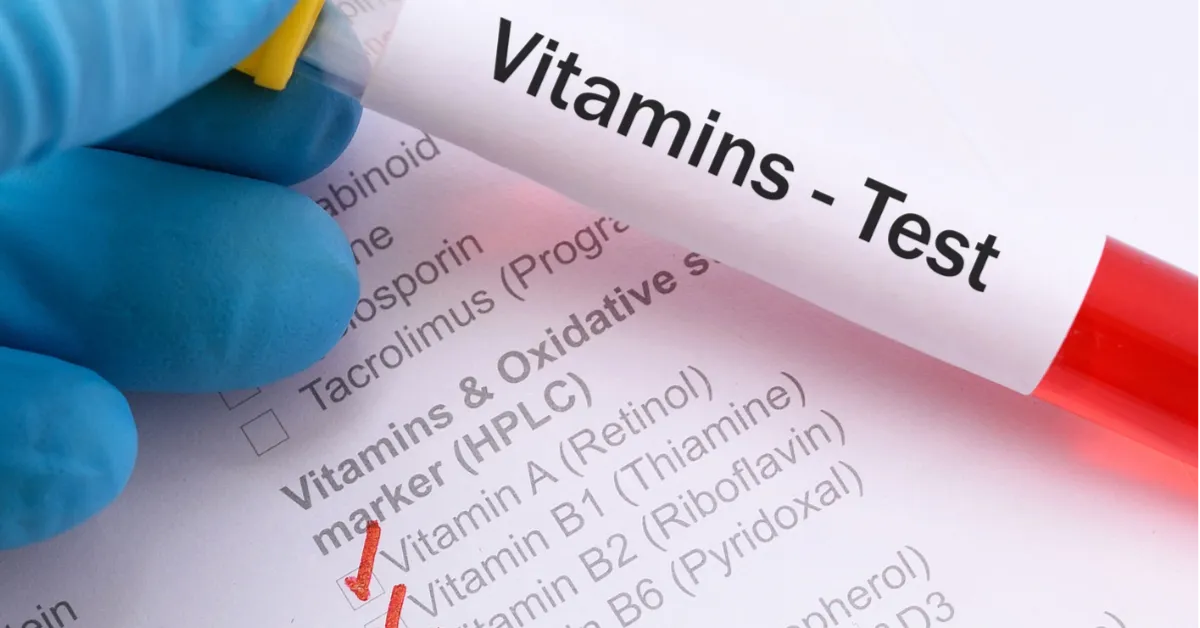EN 14663 B-Complex Vitamins Assay in Infant Foods
The EN 14663 standard provides a robust framework for the assay of B-complex vitamins in infant foods. This service ensures that the vitamin content meets stringent quality and safety standards, which is critical given the unique nutritional needs of infants. The presence of adequate levels of B-complex vitamins plays a significant role in supporting optimal growth and development during infancy.
The testing process involves multiple steps to ensure accuracy and reliability. Specimens are first prepared according to precise protocols outlined in EN 14663, which may include extraction methods tailored for the specific vitamin types present in infant formulas or cereals. The chosen analytical techniques often involve high-performance liquid chromatography (HPLC) coupled with tandem mass spectrometry (MS/MS), enabling accurate quantification of B-complex vitamins.
Quality managers and compliance officers can rely on this service to ensure that products meet not only regulatory requirements but also internal quality standards. For R&D engineers, the service offers insights into formulation adjustments needed to optimize vitamin content. Procurement teams benefit from knowing that the testing aligns with international benchmarks, enhancing trust in supply chain integrity.
The EN 14663 standard is particularly stringent regarding the accuracy and precision of results. Compliance officers should be aware that deviations from these standards could lead to regulatory issues or consumer dissatisfaction. This service not only ensures compliance but also supports product differentiation by highlighting adherence to high-quality, science-based testing methods.
Infant nutrition products must provide the correct balance of vitamins to support healthy development. The B-complex vitamins (B1, B2, B3, B5, B6, B7, B9, and B12) play crucial roles in energy metabolism, DNA synthesis, and red blood cell formation.
The assay involves complex steps that include sample preparation, derivatization if necessary, and the use of validated methods to ensure accurate quantification. The standard specifies detailed procedures for extraction, cleanup, and quantitation using chromatographic techniques. For instance, HPLC-MS/MS is used due to its high sensitivity and selectivity for detecting these water-soluble vitamins.
Ensuring that infant foods meet the specified vitamin levels is a critical aspect of quality assurance. Compliance with EN 14663 provides a level of confidence in product safety and efficacy, which is essential given the potential impact on infant health and development.
| Vitamin | Standard Quantitation Range (µg/100g) |
|---|---|
| B1 (Thiamine) | 0.1–5 µg/100g |
| B2 (Riboflavin) | 0.3–8 µg/100g |
| B6 (Pyridoxine) | 0.4–7 µg/100g |
| B9 (Folate) | 25–30 µg/100g |
The assay process is methodical and involves several key steps. Specimen preparation begins with the extraction of vitamins from infant food samples using appropriate solvents and techniques to ensure complete dissolution of all target compounds. This step is critical for accurate quantitation.
Derivatization may be necessary before analysis, especially for water-soluble vitamins like B-complex vitamins that do not ionize well in HPLC. The derivatization reaction converts the vitamin into a more detectable form without altering its biological activity.
The next step involves cleanup to remove any interfering substances that could affect the chromatographic separation or detection process. This is typically achieved using solid-phase extraction (SPE) cartridges, ensuring purity of the sample for accurate quantification.
Finally, the cleaned-up samples undergo HPLC-MS/MS analysis to identify and quantify the B-complex vitamins present. The method is validated to ensure that it meets the precision, accuracy, and robustness required by EN 14663.
Applied Standards
- EN 14663: Assay of B-complex vitamins in infant foods
The assay strictly adheres to the requirements specified in EN 14663. This European standard sets out detailed methodologies for the quantitation of B-complex vitamins, ensuring consistency and reliability across different laboratories. The standard covers all aspects from sample preparation to final analysis.
Compliance with EN 14663 is crucial for infant food manufacturers as it ensures that products meet not only legal requirements but also international best practices in quality assurance. Laboratories accredited under this standard are recognized for their expertise and reliability, providing peace of mind to stakeholders involved in the supply chain.
Eurolab Advantages
At Eurolab, we offer unparalleled expertise in performing EN 14663 tests. Our state-of-the-art facilities are equipped with advanced instrumentation such as HPLC-MS/MS systems that provide the necessary sensitivity and precision for accurate quantification of B-complex vitamins.
Our team of highly qualified scientists ensures that every step of the assay process is meticulously followed, from sample preparation to data interpretation. The use of cutting-edge technology allows us to deliver results with high accuracy and consistency.
We pride ourselves on our commitment to quality and customer satisfaction. Our laboratories are accredited by ISO/IEC 17025:2017, which ensures that we meet the highest standards in testing and calibration services. This accreditation is a testament to our rigorous quality management system and continuous improvement efforts.
Furthermore, Eurolab's reputation for excellence is built on our extensive experience in food safety and quality assurance. We have successfully conducted numerous assays under EN 14663 for various clients across the globe, ensuring that they meet their stringent requirements.
International Acceptance and Recognition
- The EN 14663 standard is widely recognized in Europe and increasingly accepted globally for infant food safety and quality assessments.
- Many countries, including the United States and Australia, have adapted similar standards or guidelines to ensure consistent vitamin levels in infant foods.
- Recognition from regulatory bodies such as the European Food Safety Authority (EFSA) and the World Health Organization (WHO) underscores its importance in global food safety practices.
The widespread adoption of this standard reflects a commitment to high-quality, science-based testing methods that support the health and well-being of infants worldwide. Laboratories like Eurolab play a crucial role in ensuring that these standards are met consistently across different regions.





